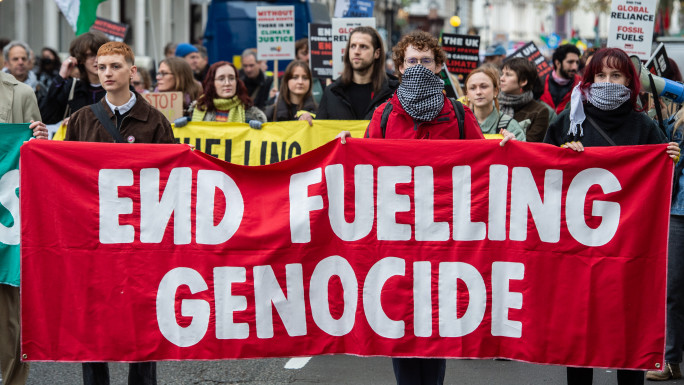EU referendum: Britain's 'day of reckoning' draws closer
A vote for Britain to leave the EU – or 'Brexit' as it has been termed – would be an "irreversible" move that would leave the country only able to rejoin on unacceptable terms, Foreign Secretary Philip Hammond warned on Monday.
"The message we are trying to get across to the British people is that this is an irreversible decision – if they decide to leave, there will be no going back," Hammond said as he arrived for a meeting with his EU counterparts in Luxembourg.
"Britain could never rejoin the EU at a later date except on terms that would be unacceptable – membership of the euro, membership of (the) Schengen (passport-free zone) and so on," he continued.
The most recent opinion polls have shown voters once more swinging behind the 'Remain' camp, after a strong showing by Brexit supporters in the previous two weeks.
Hammond said "the referendum battle is a close fight. It will be a very tight result either way."
|
Britain and the EU in facts and figures In 2015, Britain contributed an estimated £17.8 billion to the EU budget, or £12.9 billion after the rebate, according to a parliamentary briefing paper. EU immigration |
|
A bitter battle
The remain camp has been buttressed by the official support of both Prime Minister David Cameron and opposition leader Jeremy Corbyn.
However despite this cross-party agreement, the battle for Britain's future has been one of the fiercest bouts British politics has seen in recent times.
Following the murder of Labour MP Jo Cox on Thursday – a committed internationalist and supporter of humanitarian causes – some British media outlets have related her brutal death to anti-immigrant sentiment, due to her suspected killer's far-right links.
In turn, the 'Remain' campaign's return to the lead following Cox's death has also been related to a rejection of the racism and xenophobia that the late lawmaker stood against – emphasising the importance issues like refugees and immigration have played in Britain's EU referendum.
Cox's murder brought the EU referendum campaigning to a brief halt, until Sunday when politicians resumed the debate.
Make or break for Cameron
Cameron leads a party bitterly divided between 'Remainers' and staunch Eurosceptics, including former London mayor Boris Johnson.
It is widely speculated that if the British public were to back a vote for Brexit on Thursday, the British PM would have to step aside and be replaced by Johnson.
If Britain does become the first state ever to withdraw from the bloc, Cameron's epitaph will be sealed after six years in power.
"He's put himself front and centre of the 'Remain' campaign, and to have lost the campaign would be a massive blow to his credibility," said Tim Bale, professor of politics at Queen Mary University of London, told AFP.
"We probably would, within a few days or weeks, see him signal his intention to go as soon as a leadership contest could be conducted."





![Dr. Oz [Getty]](/sites/default/files/styles/image_330x185/public/1439815830.jpeg?h=a5f2f23a&itok=Zy8wCmpv)
![Gaza casualties [Getty]](/sites/default/files/styles/image_330x185/public/2149262510.jpeg?h=a5f2f23a&itok=XODmAM9t)
![Cop29 [Getty]](/sites/default/files/styles/image_330x185/public/2156170084.jpeg?h=a5f2f23a&itok=nFoXDOnn)